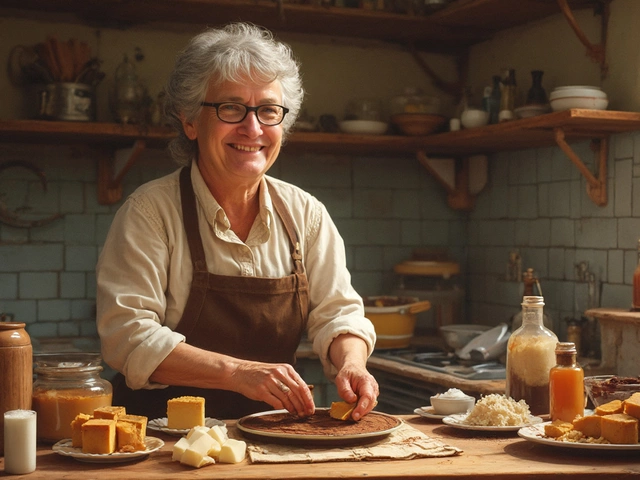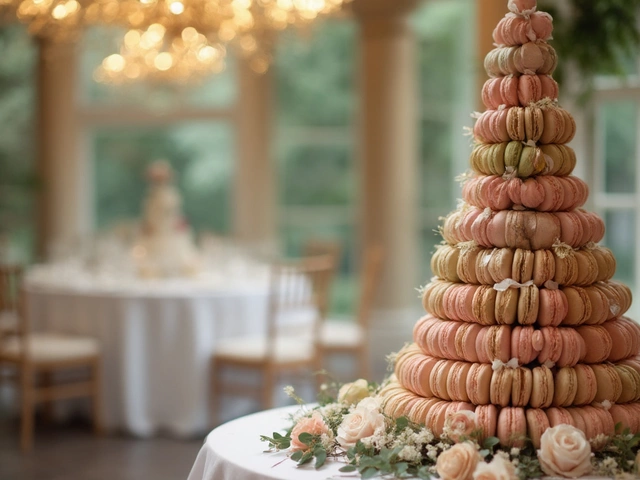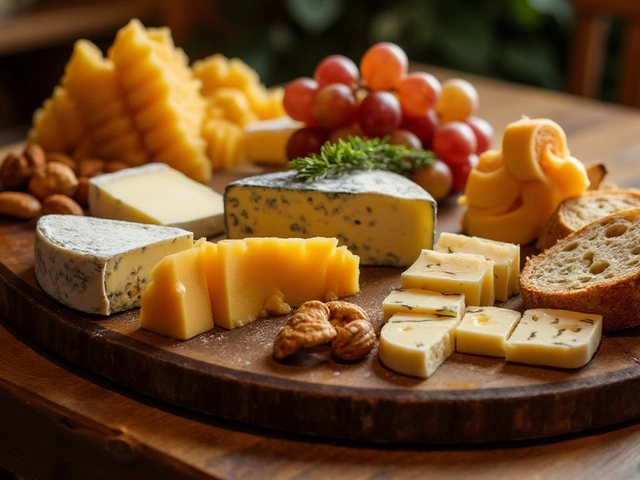British Slang in the Kitchen: What Bakers Say and Why It Matters
If you’ve ever watched a UK cooking show or chatted with a British baker, you’ve probably heard words that sound weird at first. They’re not technical terms – they’re slang. Knowing a few of these words can make you sound more relaxed, help you understand recipes better, and even give you ideas for witty cake captions.
Slang is just a shortcut for everyday feelings. In a busy bakery, nobody wants to say “I’m completely exhausted after whipping this buttercream.” They’ll just say they’re “knackered.” It’s the same with baking tools and finishes – a quick “lick the spoon” tells everyone to use that leftover mix for a topping.
Everyday Baking Words
Knackered – means very tired. A baker who spent all day frosting dozens of cupcakes will tell a friend they’re knackered. Use it in a post: “Just finished a 3‑layer chocolate cake – totally knackered!”
Lick the spoon – grab the spoon and eat the leftover batter or frosting straight from it. It’s a cheeky way to say the cake is delicious enough to eat before it even hits the plate.
Bodge – a quick fix that isn’t perfect but works. If your ganache is a bit thin, you might say you’re “bodding it together with a splash of cream.” It tells readers you’re being honest about improvisation.
Crumbly – not just a texture description, but a quick way to say something fell apart. A slice that’s too dry might be called “a bit crumbly.” It’s a gentle nudge to adjust the recipe.
Scone – in the UK, a scone is a small, slightly sweet bread, often served with clotted cream. Mentioning a scone can give a British feel to a tea‑party themed cake.
Adding Slang to Your Cake Posts
When you write a blog post or caption, sprinkle in one or two slang terms. It makes the tone friendly and relatable. For example, instead of “I spent hours decorating this cake,” try “I was knackered after spending hours on this cake, but the result was worth every lick of the spoon.”
Try pairing slang with a quick definition for readers who aren’t from the UK. A side note like “(knackered = exhausted)” helps everyone follow along and learn.Using slang also helps with SEO. People search for phrases like “British baking slang” or “UK cake terminology.” Including those exact words in headings and throughout the text signals to search engines that your page answers that query.
Finally, keep it natural. Don’t force slang where it doesn’t fit. If you’re writing a formal recipe, a casual “bodge” might seem out of place. Save the slang for the narrative parts, like the intro, the behind‑the‑scenes stories, or the social media captions.
By learning a handful of British baking slang words, you’ll sound more like a local, connect with readers, and add personality to your cake content. So next time you pull a tray of cupcakes out of the oven, you can say you’re “knackered but happy,” and you’ll know exactly what that means.






